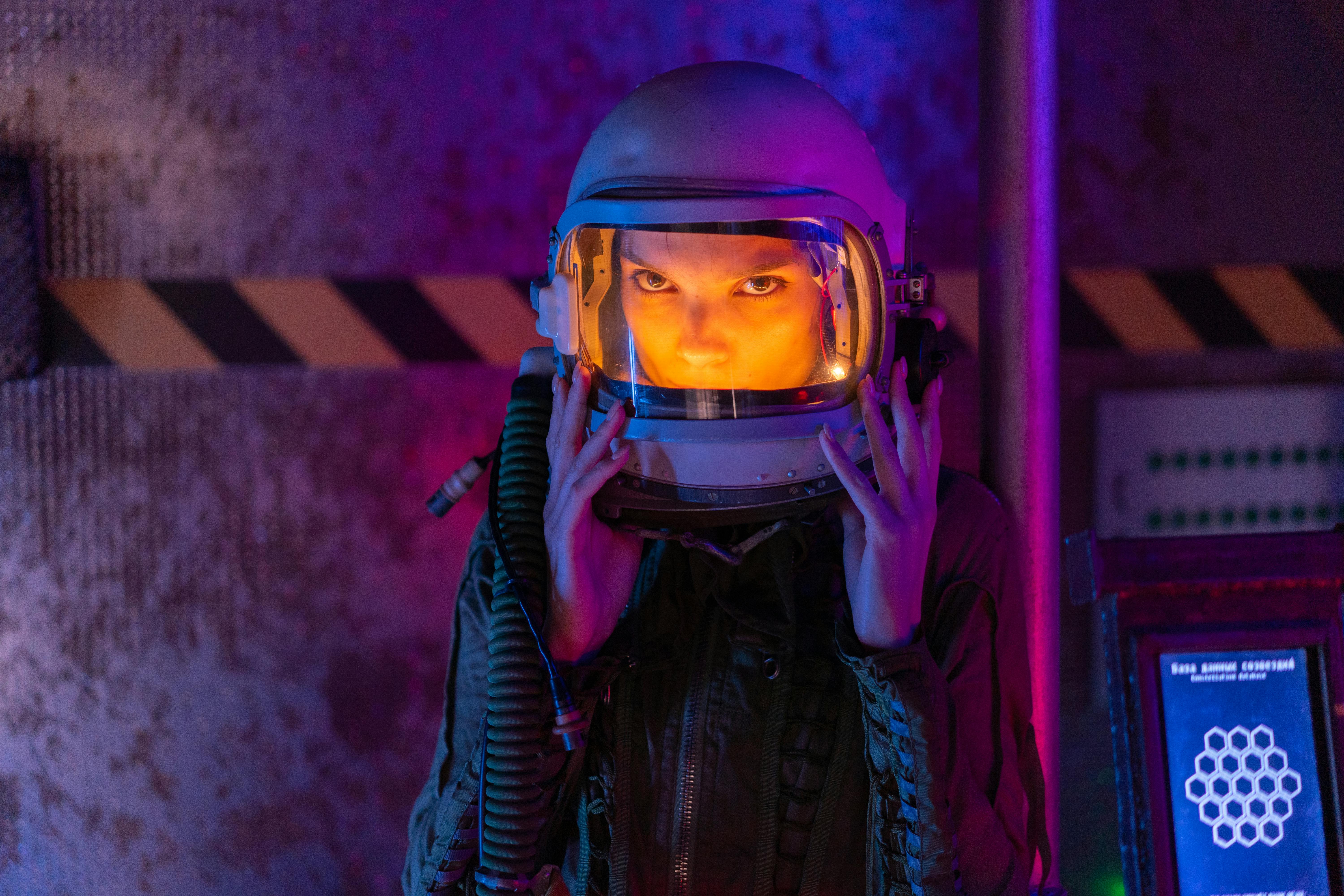
Introduction
The space race has entered a new and emotional chapter for India. High above the Earth, where boundaries fade and humanity stands united in orbit, a significant event unfolded this week. Group Captain Shubhanu Shukla, a test pilot of the Indian Air Force, made history by becoming the first Indian astronaut to visit the International Space Station (ISS), aboard the SpaceX Dragon spacecraft during the Axiom Mission 4. This accomplishment is not merely a personal triumph; it symbolizes India’s rapid advancements in space exploration.
Shubhanu Shukla: From Gandhinagar to the Stars
Born in the picturesque region of Gujarat, Group Captain Shukhanu Shukla’s journey is a testament to perseverance and a growing confidence in India’s space aspirations. As an Indian Air Force test pilot, he dedicated numerous years to pushing the limits of aviation technology. However, the ISS mission took his achievements to unprecedented heights—both metaphorically and literally.
Launched from Cape Canaveral aboard a Falcon 9 rocket, this mission is rooted in a commercial partnership between Axiom Space and NASA, aimed at sending astronauts from various countries to the ISS. Shukla’s participation marks a historic occasion: an Indian citizen’s first journey to this sophisticated space laboratory.
Axiom Mission 4: The Technology Behind the Journey
Riding in a Dragon capsule affectionately nicknamed ‘Grace’, Shukla experienced cutting-edge 21st-century space engineering. The Falcon 9 rocket, renowned for its reusable booster, effortlessly propelled the crew into orbit with precision and efficiency—a hallmark of SpaceX’s launch capabilities.
The Dragon spacecraft is outfitted with state-of-the-art technology, including autonomous docking capabilities, life support systems, a touchscreen control interface and an advanced heat shield. These features not only ensure a comfortable ride but provide vital insights into operational space systems that will directly inform India’s own human spaceflight endeavors.
Scientific Research on the ISS: India’s Contribution
Once aboard the ISS, Shukla transitioned from passenger to researcher. Collaborating with scientists from NASA and ISRO, he conducted important microgravity experiments that India initiated. These experiments included testing the effects of microgravity on food microorganisms, which could play a crucial role in long-duration space missions.
Another significant study analyzed how astronauts interact with digital screens in a zero-gravity environment, which is essential for the development of future crewed vehicles. This research is not merely academic; the results will inform India’s Gaganyaan Human Spaceflight Program, providing Indian scientists with data they cannot obtain on Earth.
The Gaganyaan Connection: India’s Indigenous Space Dream
India’s upcoming Gaganyaan mission aims to send its astronauts to orbit Earth on a home-grown rocket known as the LVM3. Delays have plagued this project, primarily due to the COVID-19 pandemic and technical reviews; however, Shukla’s ISS mission provides invaluable real-world experience that can enhance simulated training methods.
Insights Gained from Shukla’s ISS Experience:
- Astronaut training and mental preparation.
- Demonstration of life support systems in space.
- Troubleshooting and systems diagnostics during flight.
ISRO is vigorously testing its own Environmental Control and Life Support Systems (ECLSS) for Gaganyaan, focusing on waste recycling, food production, and thermal regulation. Shukla’s firsthand experiences and feedback will greatly facilitate this ongoing research and development.
India’s Future in Space: From Lunar Landings to Space Stations
India’s ambitions in space do not halt at Earth’s orbit. Following the successful missions of Chandrayaan-3 and Aditya-L1, the roadmap ahead is remarkably ambitious:
- Chandrayaan-4, India’s first Lunar Sample Return Mission.
- Conceptualization of an Indian Space Station, targeted for completion by 2030.
- Development of the Ai-Saksham robot, along with advancements in autonomous docking technology.
- This mission is a significant stepping-stone towards achieving grander space aspirations.
The Rise of India’s Private Space Sector
While ISRO spearheads India’s space endeavors, the nation’s private space industry has emerged as a vital player. The ISS mission has showcased the potential of government-private partnerships in propelling global space advancements.
- Skyroot Aerospace is already in the process of testing reusable rockets.
- Agnikul Cosmos specializes in manufacturing mobile launch pads and 3D-printed engines.
- Pixxel works on hyperspectral imaging satellites that provide crucial data for agriculture and mineral exploration.
Supported by the Indian National Space Promotion and Authorization Center, these startups are poised to contribute to future missions, establishing a robust ecosystem for space exploration in India.
Conclusion: A Nation Unites for a Common Purpose
The remarkable ascent of Group Captain Shubhanu Shukla marks not only a personal milestone but a significant moment for the nation. His journey to the ISS reflects India’s capability and ambition in the realm of space exploration.
India is not just a participant but a formidable contender in the global space race. The insights gained, experiences shared, and partnerships formed throughout this mission represent the first chapter of a new age – one where Indian astronauts, startups, and scientists join forces to ascend to new heights in the international space arena.
The countdown has concluded. The mission persists. And India’s journey into the cosmos is merely beginning.
